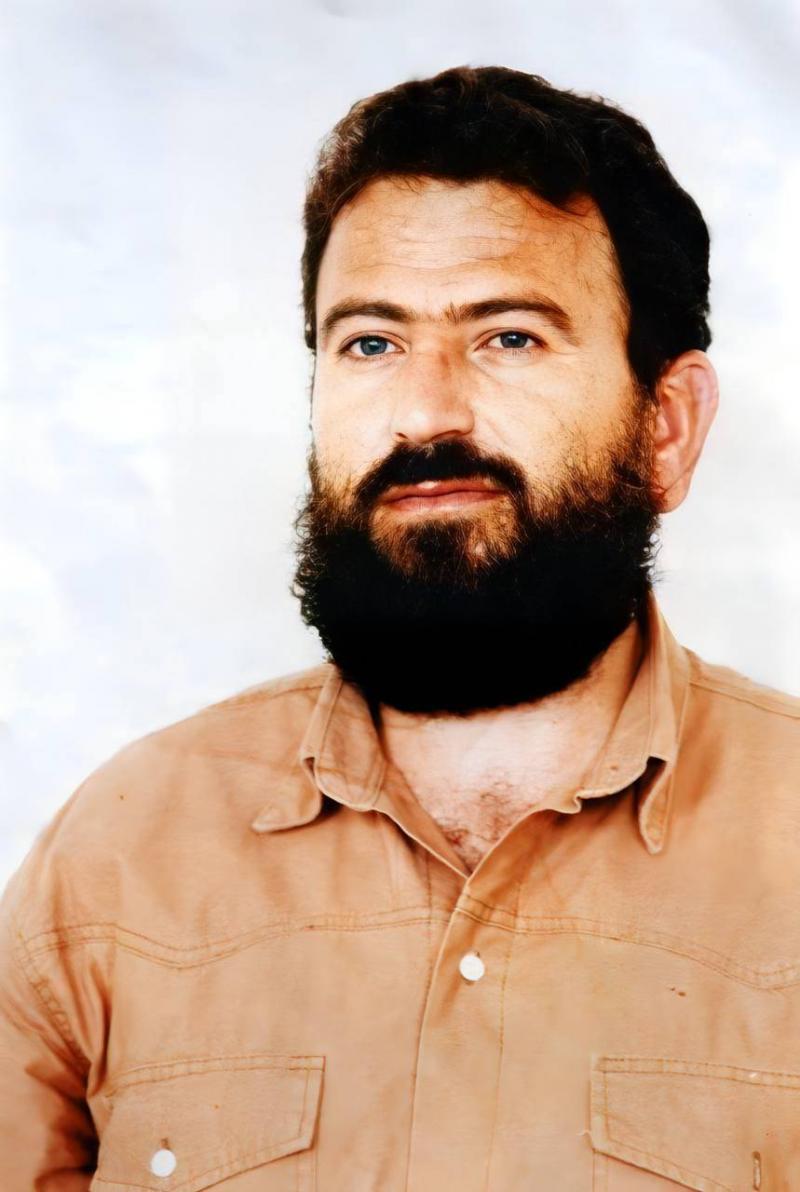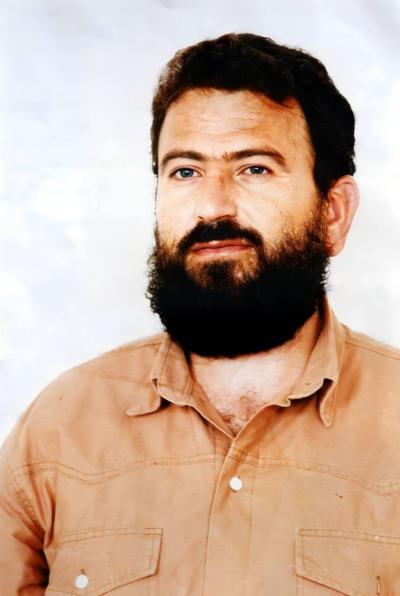Saleh al-Arouri, the Deputy Chief of the Political Bureau of the Palestinian Islamic Resistance Movement (Hamas), had long anticipated his assassination before security sources announced his death today, Tuesday, from an Israeli drone strike in Beirut. His killing comes about three months after a surprise attack launched by Hamas across the border into southern Israel, igniting the destructive war ongoing in the Gaza Strip.
Last August, while urging Palestinians in the Israeli-occupied West Bank to take up arms amidst rising violence, he stated, "I am waiting for martyrdom and I feel it has been delayed." His assassination occurs at a critical moment for the movement, as Israel is attempting to eliminate it following the attack on October 7, in which militants from the movement crossed the border leading to the deaths of 1,200 people and the hostage-taking of 240 individuals, according to Israeli sources.
Israel has long accused al-Arouri of orchestrating deadly attacks against its citizens, but a Hamas official noted that he was also "at the heart of negotiations" regarding the outcomes of the war in Gaza and the release of hostages mediated by Qatar and Egypt. An advisor to Israeli Prime Minister Mark Regev stated, "Whoever the perpetrator is, it should be clarified that it was not an attack on the state of Lebanon... The one who did this deals a precise blow to Hamas's leadership." Israel typically does not confirm or deny responsibility for such attacks.
Despite being less influential than Hamas leaders in Gaza, al-Arouri was seen as a key figure in the movement, as he was the mastermind behind its operations in the West Bank from exile in Syria, Turkey, Qatar, and finally Lebanon, after long periods in Israeli jails. As a senior official of the movement in Lebanon, he played an important role in strengthening Hamas's ties with the Lebanese Shiite group Hezbollah, and through them with Iran, the primary supporter of the movement and the group.
Al-Arouri met several times with Hezbollah Secretary-General Hassan Nasrallah, as well as with Iranian officials in Lebanon. Sources in Hamas indicated that he worked with them to coordinate positions regarding the conflict in Gaza. Hamas confirmed his assassination, with Ismail Haniyeh, head of the political bureau of Hamas, mourning him, stating that the movement "will never be defeated, and these targeting incidents only increase its strength, resilience, and unwavering determination."
The Islamic Jihad Movement, a group allied with Hamas, vowed to avenge his death in a statement today, asserting that this crime will not go unpunished. Al-Arouri was known within Hamas as one of the prominent advocates for reconciliation among the competing Palestinian factions and enjoyed good relations with the Fatah Movement, led by Palestinian President Mahmoud Abbas, which wields significant influence in the West Bank. Hamas and Fatah have been at odds for years, having fought a brief civil war in 2007 when Hamas seized power in Gaza, yet the two rival factions engage in periodic negotiations.
However, when it came to the conflict with Israel, al-Arouri was viewed as a hardliner. He had helped establish the movement's military wing, the Izz ad-Din al-Qassam Brigades, and Israel accused him of orchestrating attacks that resulted in fatalities over the years. Israel claims he was behind the abduction and murder of three Israeli teenagers in the West Bank in 2014, an act that led to an Israeli attack in Gaza lasting seven weeks, resulting in the deaths of 2,100 Palestinians.
With the ongoing Israeli occupation of the West Bank, the expansion of Jewish settlements, and the lack of hope for establishing a Palestinian state, al-Arouri argued that "there is no other option" but to engage in what he called comprehensive resistance. He was one of the senior Hamas officials behind the group's strong expansion in the West Bank, where its militants carried out a series of attacks on Israeli settlers over the past 18 months. Several shooting incidents occurred last year shortly after al-Arouri issued threats to Israel broadcast on television.
As a member of the political bureau of Hamas under the leadership of its head and overall leader Ismail Haniyeh, al-Arouri was accustomed to dialogue, even if indirectly, with his Israeli adversaries. Soon after his release from prison in 2011, al-Arouri was one of the Hamas negotiators involved in a exchange deal with Israel, which the movement hopes to replicate after the current war, by exchanging a significant number of Palestinian prisoners for the hostages taken on October 7.
Born near Ramallah in the West Bank in 1966, al-Arouri was among the first to join Hamas when it was founded in 1987 during the initial Palestinian uprising against the Israeli army. He was imprisoned in 1992, one year before the Fatah leadership agreed to the Oslo Accords, which accepted the existence of Israel and abandoned armed struggle in favor of negotiations for a Palestinian state. Hamas rejected this approach. When al-Arouri was released in 2007, he quickly returned to resistance. He was imprisoned again until 2010 when the Israeli Supreme Court ordered his expulsion.
Al-Arouri spent three years in Syria before moving to Turkey until Israel pressured Ankara to have him leave in 2015. Since then, he has resided in Qatar and Lebanon, operating from Hamas's office in a southern suburb of Beirut until the surprise strike today, Tuesday.




